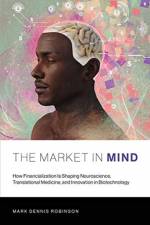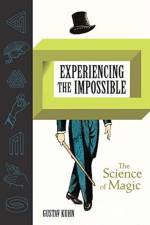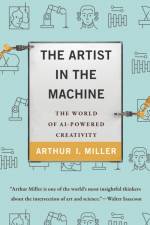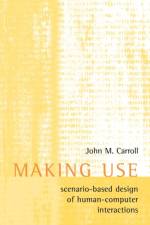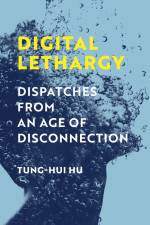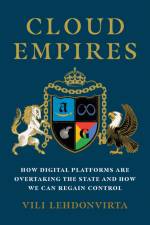- Shaping Institutions, Risks, and Governance
von Donald R. Lessard & Roger Miller
35,00 €
The book is based on an international research project that analyzed sixty LEPs, among them the Boston Harbor cleanup; the first phase of subway construction in Ankara, Turkey; a hydro dam on the Caroni River in Venezuela; and the construction of offshore oil platforms west of Flor, Norway.As the number, complexity, and scope of large engineering projects (LEPs) increase worldwide, the huge stakes may endanger the survival of corporations and threaten the stability of countries that approach these projects unprepared. According to the authors, the "e;front-end"e; engineering of institutional arrangements and strategic systems is a far greater determinant of an LEP's success than are the more tangible aspects of project engineering and management. The book is based on an international research project that analyzed sixty LEPs, among them the Boston Harbor cleanup; the first phase of subway construction in Ankara, Turkey; a hydro dam on the Caroni River in Venezuela; and the construction of offshore oil platforms west of Flor, Norway. The authors use the research results to develop an experience-based theoretical framework that will allow managers to understand and respond to the complexity and uncertainty inherent in all LEPs. In addition to managers and scholars of large-scale projects, the book will be of interest to those studying the relationship between institutions and strategy, risk management, and corporate governance in general.Contributors Bjorn Andersen, Richard Brealey, Ian Cooper, Serghei Floricel, Michel Habib, Brian Hobbs, Donald R. Lessard, Pascale Michaud, Roger Miller, Xavier Olleros



